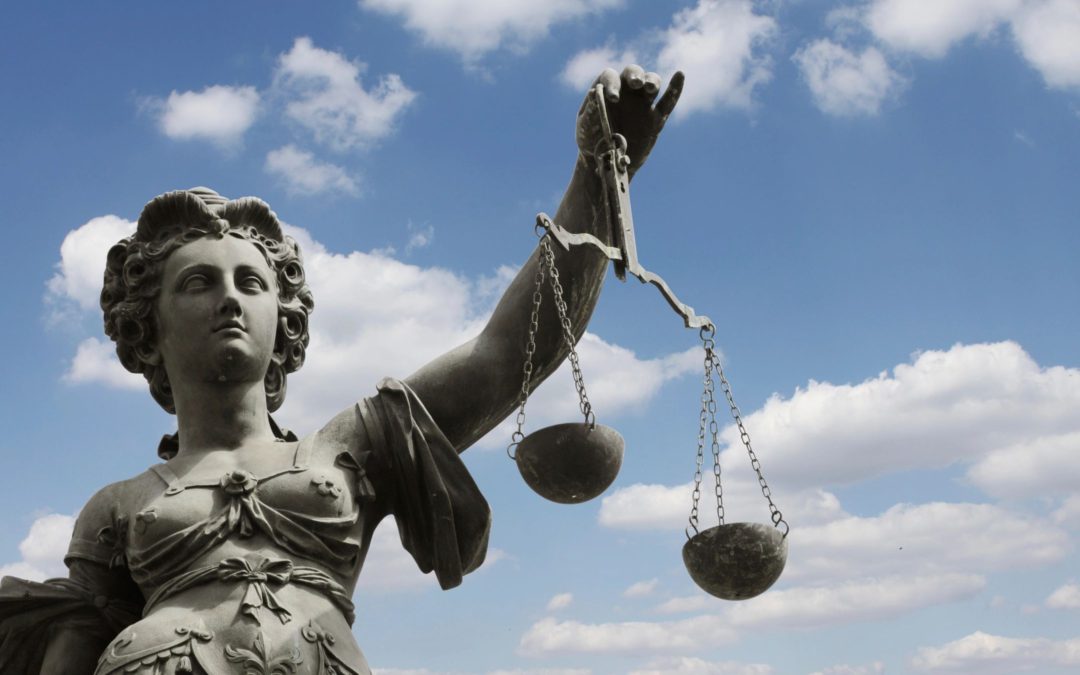The U.S. Supreme Court has denied two of the three pending constitutional challenges to inter partes review (“IPR”). In MCM v. HP, No. 15-1330, patent owner MCM Portfolio LLC (“MCM”) challenged the constitutionality of IPRs on two grounds. First, MCM asserted that the IPR regime violates Article III of the U.S. Constitution because it assigns resolution of property rights to a non-Article III government agency. Second, MCM argued that the IPR regime violates the Seventh Amendment to the U.S. Constitution by depriving patent owners of their right to a jury to resolve questions of patent validity. In the decision below, the Federal Circuit rejected MCM’s constitutional challenges, holding that: (1) “Congress has the power to delegate disputes over public rights to non-Article III courts,” and that patents are public rights subject to such delegation; and (2) the right to a civil jury trial does not apply to administrative proceedings.
In Cooper v. Lee, No. 15-955, the patent owner advanced an Article III-based challenge similar to MCM’s. But where MCM’s challenge came directly from an IPR proceeding, the petition in Cooper arose out of a collateral proceeding, a suit filed in the Eastern District of Virginia. That turned out to be a distinction without a difference as Cooper’s petition suffered the same fate as MCM’s.
After these denials, there remains one pending Supreme Court petition challenging IPR constitutionality: Cooper v. Square, No. 16-76. (The same Cooper as in Cooper v. Lee). In this petition, Cooper raises a similar Article III challenge as was raised in MCM and Cooper v. Lee. The Court requested a response from respondent Square, which was filed in early October. One amicus brief was filed in support of certiorari. In addition to the same arguments that found traction in those other petitions, respondent Square asserts that Cooper has waived his constitutional challenge by not raising it fully during the PTAB proceeding. In reply, Cooper argued why he believes his case is more amenable to review by the Court than the MCM and Cooper v. Lee cases. First, he notes that unlike Cooper v. Lee, this case arises directly out of a IPR proceeding. Second, he notes that he is not seeking the extreme constitutional remedies sought by MCM. Instead, Cooper is requesting a ruling that makes IPR outcomes advisory and subject to de novo review by an Article III trial court.
Most commentators believe it is unlikely that the Court will grant review of Cooper v. Square.
David Maiorana
Latest posts by David Maiorana (see all)
- PTAB Denies Motion for Joinder After Unsuccessful District Court Invalidity Challenge - January 31, 2025
- Imprecise Claim Charts and Improper Incorporation By Reference Result in Institution Denial - November 4, 2024
- Institution Denied for Failure to Show Disclosure in Provisional Application - September 13, 2024

